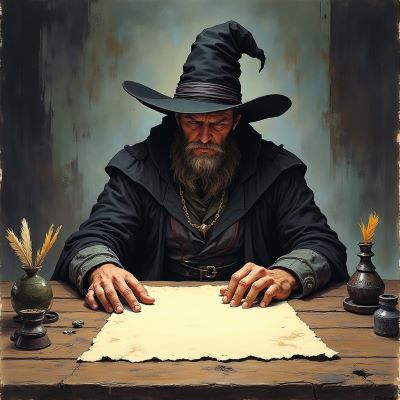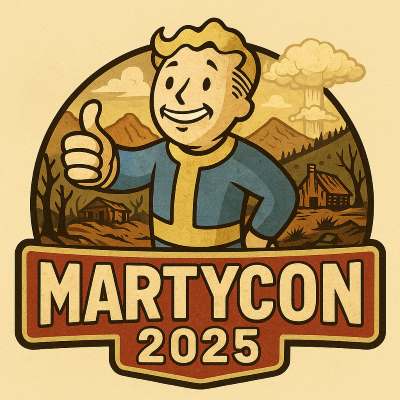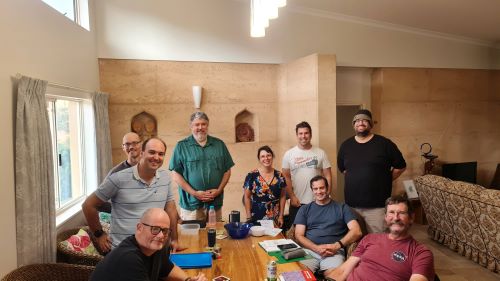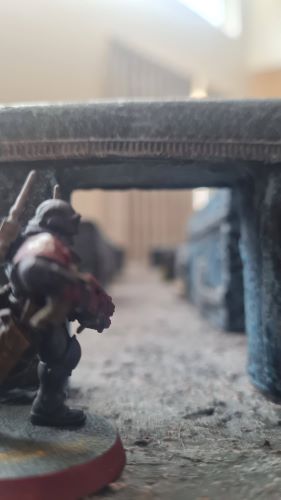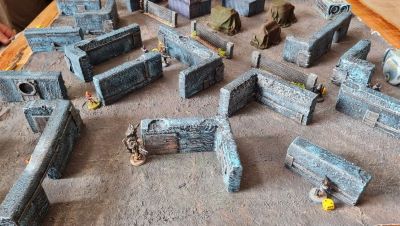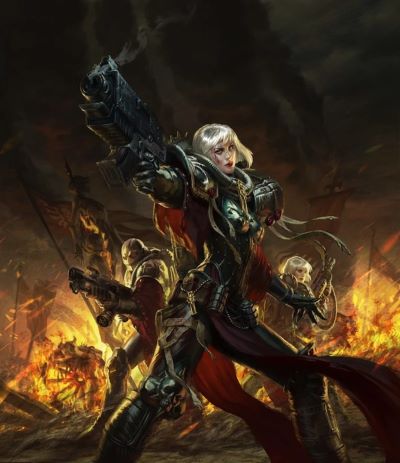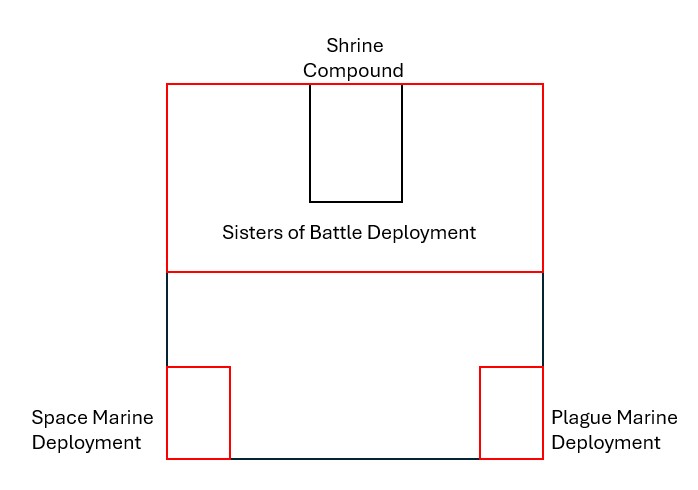When you’ve been running a lot of D&D, you’re sure to have experienced Dungeon Masters Block. We’ve all been there. You’re staring at your notebook or blinking cursor, trying to prep for the next D&D session. But your brain feels empty—no monsters, no loot, just cold stone and echoing silence. It can feel extremely disheartening.
Whether you’ve been running a long campaign and you’re feeling burnt out, or you’re just stuck on how to start the next arc, here’s the good news: you’re not a bad DM. You’re just human. In this post we’ll look at some practical ways to deal with the block and find your creative spark again.
Zoom Out and Revisit the Big Picture
Sometimes Dungeon Masters block comes from getting too caught up in the small stuff—stat blocks, maps, NPC voices. Take a step back and ask:
- What’s this adventure really about?
- What do I want my players to feel in the next session?
- Where is the story headed, even roughly?
You don’t need a five-session plan. Just one or two emotional or narrative beats you’re aiming for can unlock your creativity.
Steal with Pride
Good DMs borrow. Great DMs steal and make it their own. If you’re stuck, go mining popular culture for ideas:
- Flip open a random page in a published adventure.
- Rewatch a fantasy show or movie and pick a small scene to adapt.
- Scroll through Reddit’s /r/DnDBehindTheScreen or your favorite blog.
- Pull a random monster or magic item and build a scene around it.
You don’t need an original idea—just an idea. Put your own spin on it, and suddenly it’s yours. I talk about using books and movies for inspiration in my article here.
Talk to Your Players
Seriously. Ask them what they’re enjoying, what they’re curious about, and what they want more of. You don’t need to give away your secrets, but a little feedback can reenergize you. Sometimes the thing that’s blocking you—“Where should this arc go next?”—is something your players already have strong opinions on.
Let them help you build the next step. Get them to define their party and character goals and use this as fuel to design the next session.
Use a Creative Constraint
It may seem counterintuitive, but giving yourself a limitation can actually spark new ideas. I’ve found that giving myself strict themes for a session can really help me get creative. These can anything from ice or fire, betrayal or espionage. Placing a constraint seems to open up all sorts of possibilities.
Try one of these:
- “I can only use one monster from the CR 3 section of the Monster Manual.”
- “The entire next session takes place in one tavern.”
- “There’s a ticking clock—something catastrophic happens in three in-game hours.”
Constraints force you to be inventive, and they’re often the source of the most memorable sessions.
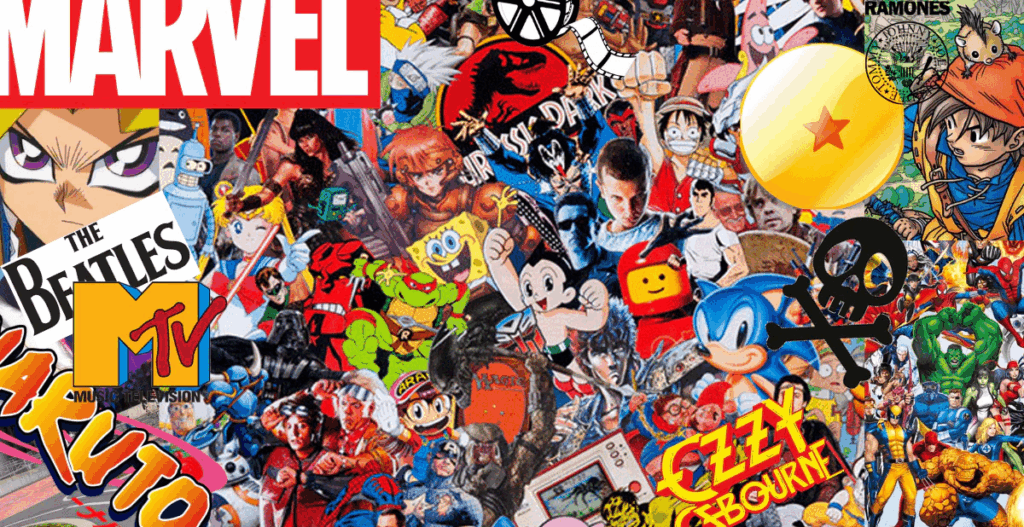
Embrace Improvisation
If prep is what’s blocking you, maybe you don’t need as much of it. Set up a strong opening scene, prep a few likely NPCs, and jot down some vague consequences. Then trust yourself to run with it. You know your world and your players better than you think. For some tips on improving your improv check out my article on the subject.
Sometimes the best cure for DM’s block is just playing again. Riffing off the players actions, laughing, rolling dice and having fun can give you back the creative energy that you feel you’ve lost.
Take a Break—and Let Someone Else Run
It’s okay to need time off. If you’re running every week and you’re hitting a wall, ask a player to run a one-shot. Switch systems. Try a board game night. Recharge your creative batteries. I do this fairly regularly. It lets you have a chance to be a player again and experience different games and systems.
Even a single week off can give you a fresh perspective—and a new appreciation for your own campaign.
Remind Yourself of the Why
Why did you start this campaign in the first place?
- Was it to tell a story you love?
- Build a world from your imagination?
- Watch your friends turn chaos into adventure?
Whatever the reason, go back to that. Your “Why” (hello, Simon Sinek!) can rekindle your passion—and help you find your next step.
You’ve Got This
Remember, Dungeon Masters block doesn’t mean you’re failing. It just means you need a new angle, a breather, or a bit of help. That’s all part of the process. All DMs go through it at some point in their D&D career. So be kind to yourself. Pick one of these ideas, try it out, and trust that the spark will come back.
After all, you’re the one who turned a blank page into an exciting world of adventure once before.
You’ll do it again.

